
Ambassador Nestor Forster talks the long history of U.S.-Brazil relations
The Brazilian Ambassador to the U.S. is the keynote speaker at the 82nd Annual Meeting of the Philadelphia Pan American Association.
When Brazilian Ambassador to the U.S. Nestor Forster thinks about his country’s relationship with the U.S., he can’t help but think of the wealth of history behind the partnership between the Western Hemisphere’s two biggest democracies and economies.
It’s something he’s sure to talk about on Wednesday, Oct. 26, as he delivers the keynote address at the 82nd Pan American Association of Philadelphia Annual Meeting, held at the Union League of Philadelphia.
That long standing relationship is often lost in the day-to-day news cycle of coverage surrounding the two country’s leaders Joe Biden and Jair Bolsonaro. In political times such as these, it can seem like both are on opposite sides of the aisle staring at one another in varying degrees of disgust.
History=strength
But to see things through that lens is missing most of the picture.
“One thing that should be evident but is not, is the fact that the relationship between Brazil and the U.S. has a unique feature for Brazil, which is we have with the U.S. the longest diplomatic relations we have with any country in the world,” said Forster.
That relationship now goes back almost two centuries to 1824, three years after the country had declared independence from Portugal under the rule of Pedro I.
“We have a very long history of cooperation which was never broken,” said Forster.
In addition to efforts of Simón Bolívar to unite the Spanish colonies of South America, which occurred around the same time, the U.S.’s early recognition of Brazil also spawned the origins of what is now known as Pan Americanism. The idea would take off as the 19th century progressed, and revealed itself in many ways.
For one, beyond the diplomatic relations it established with the U.S., Brazil would also take ideas from the U.S. Constitution when it decided to move towards becoming a republic in 1891, establishing its own constitution in the process. Systems of checks and balances, division of powers and a bicameral Congress were all things incorporated from the American system.
“We have all that in Brazil to this day inspired by the American experience,” said Forster.
On the military front, Forster also went on to point out that Brazil was the only country to send troops to support the Allied war effort during World War II.
“All that history forges a friendship that lasts to this day,” he said.
Brazil also hosted the third-ever Pan-American Conference between July 21 and Aug. 26, 1906 in Rio de Janeiro. It was there, among the leaders of other American nations that Forster said then-Brazilian Minister of External Relations José Paranhos, Baron of Rio Branco defined the three pillars of Pan-Americanism.
RELATED CONTENT
They are: the establishment of friendly relations among nations in the hemisphere, the peaceful resolution of conflicts in the region, and trade rules that work for everyone.
Pan-Americanism in 2022
In 2022’s global world, Forster emphasized the continued shared values between the two countries regarding the defense of rule of law, democracy and economic opportunity, but also acknowledged that trade was at the top of the priority list. He told AL DÍA of the current emphasis on integrating supply chains and nearshoring certain industries, as examples.
Three issues that remain pending across the hemisphere that Forster addressed were food security, the transition to renewable energy and environmental protections. On the food front, Brazil is one of the world’s biggest suppliers — something Forster said came about also as a result of its long relationship with the U.S., as its science-based approach revolutionized Brazil’s agribusiness. He said those conversations of evolving the business still happen to this day.
On the renewable energy front, Forster cited Brazil’s massive growth, as renewable sources now account for almost 50% of all energy. For electricity, that percentage rises to 84%, with hydroelectricity making up the majority.
When it came to protecting the environment, Forster cited Brazil’s world-renowned biodiversity, but also recognized the ongoing struggle to combat illegal deforestation and mining, especially in the Amazon.
Regardless, the ambassador was confident of the future.
“We see ourselves as part of the solution to those problems,” said Forster.
Values beyond elections
And he also thinks that also won’t change no matter who is Brazil’s president come 2023. A second round of the presidential election between the incumbent Bolsonaro and former President Luis Inácio Lula da Silva will take place this coming weekend, Oct. 30.
“Whatever the result, and the result of course will mean [a] different emphasis and perhaps slightly different agenda. But I’d say that relations with the United States will not fundamentally change. They’ll retain their importance because of history, because of shared values,” said Forster. “We should be able to continue to work together to promote to have this positive influence in our region and beyond.”
The 82nd Annual Meeting of the Pan American Association of Philadelphia is on Wednesday, Oct. 26 at the Union League of Philadelphia, and starts at 11:30 a.m.
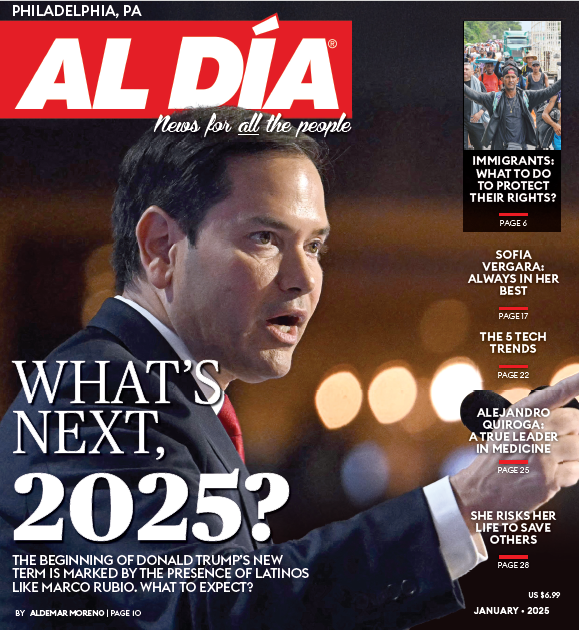

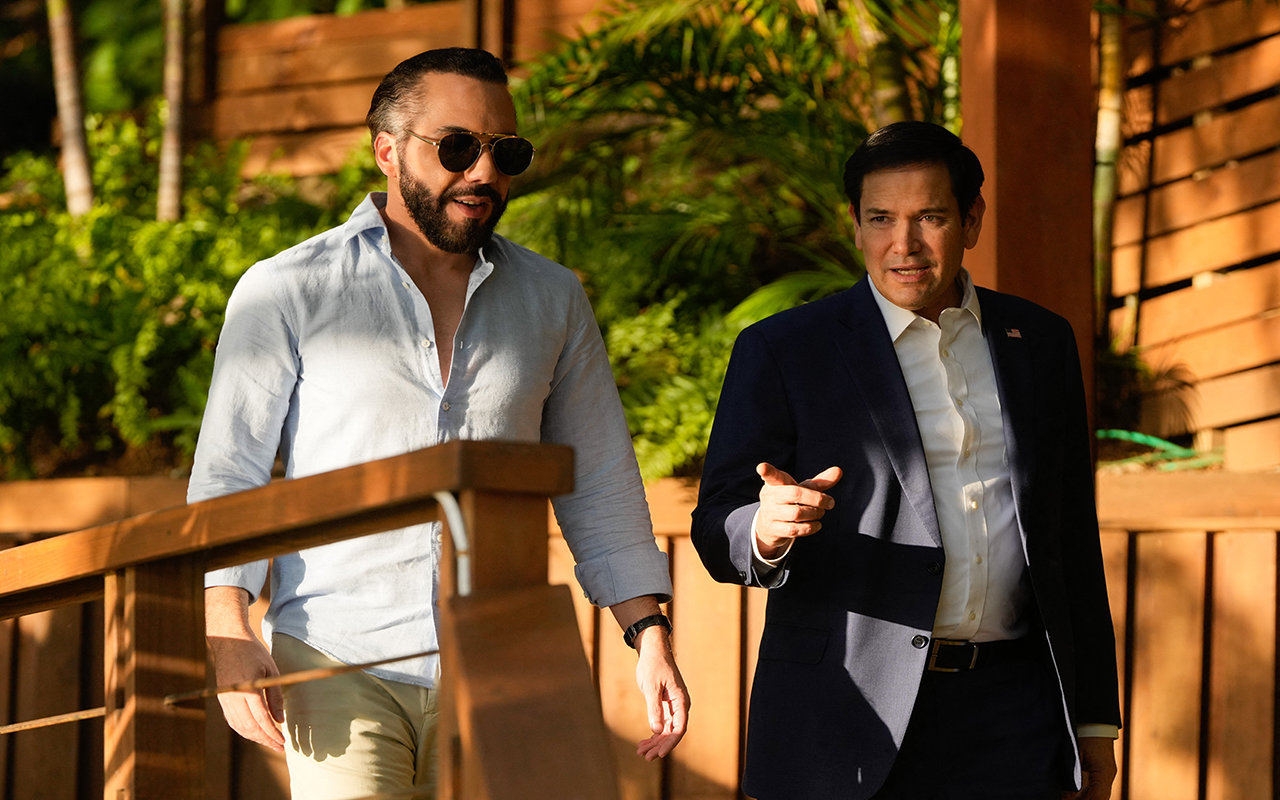

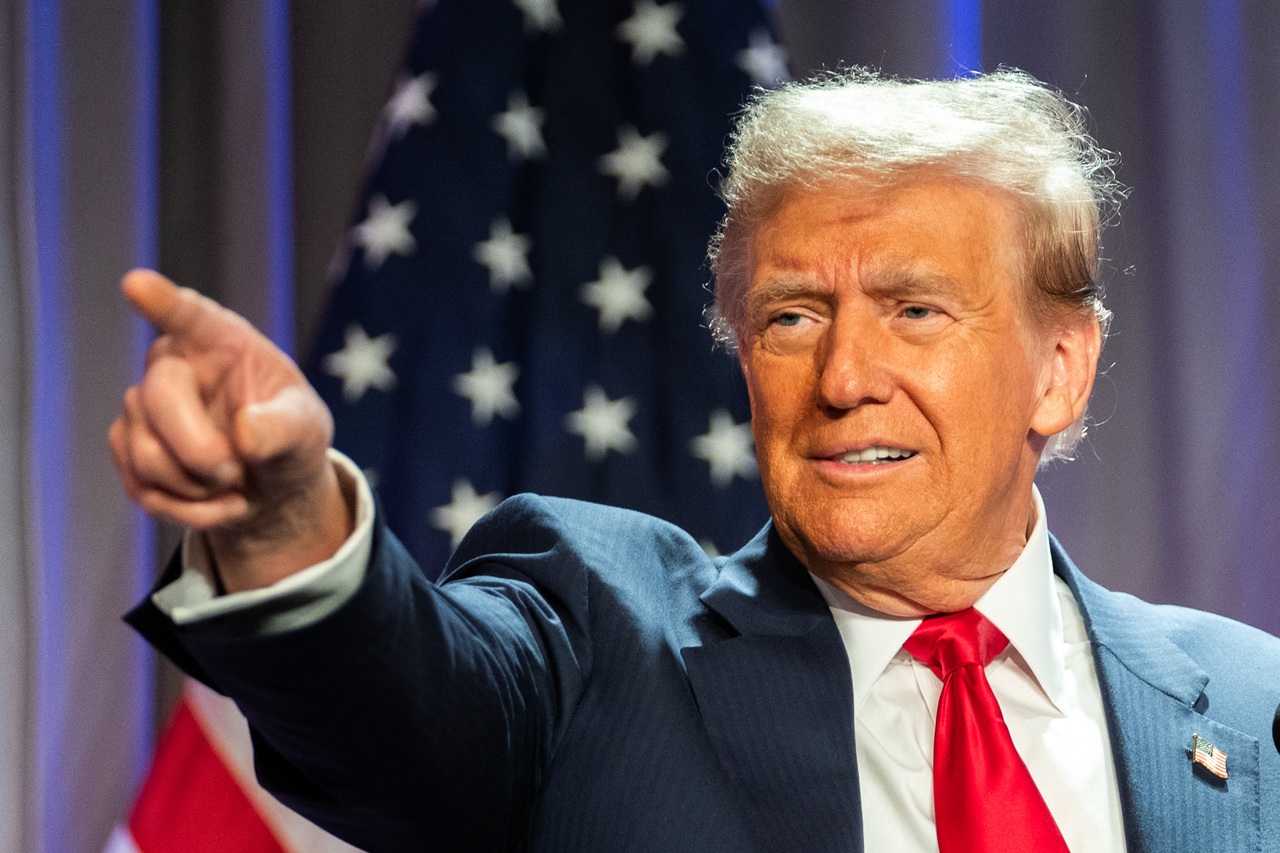
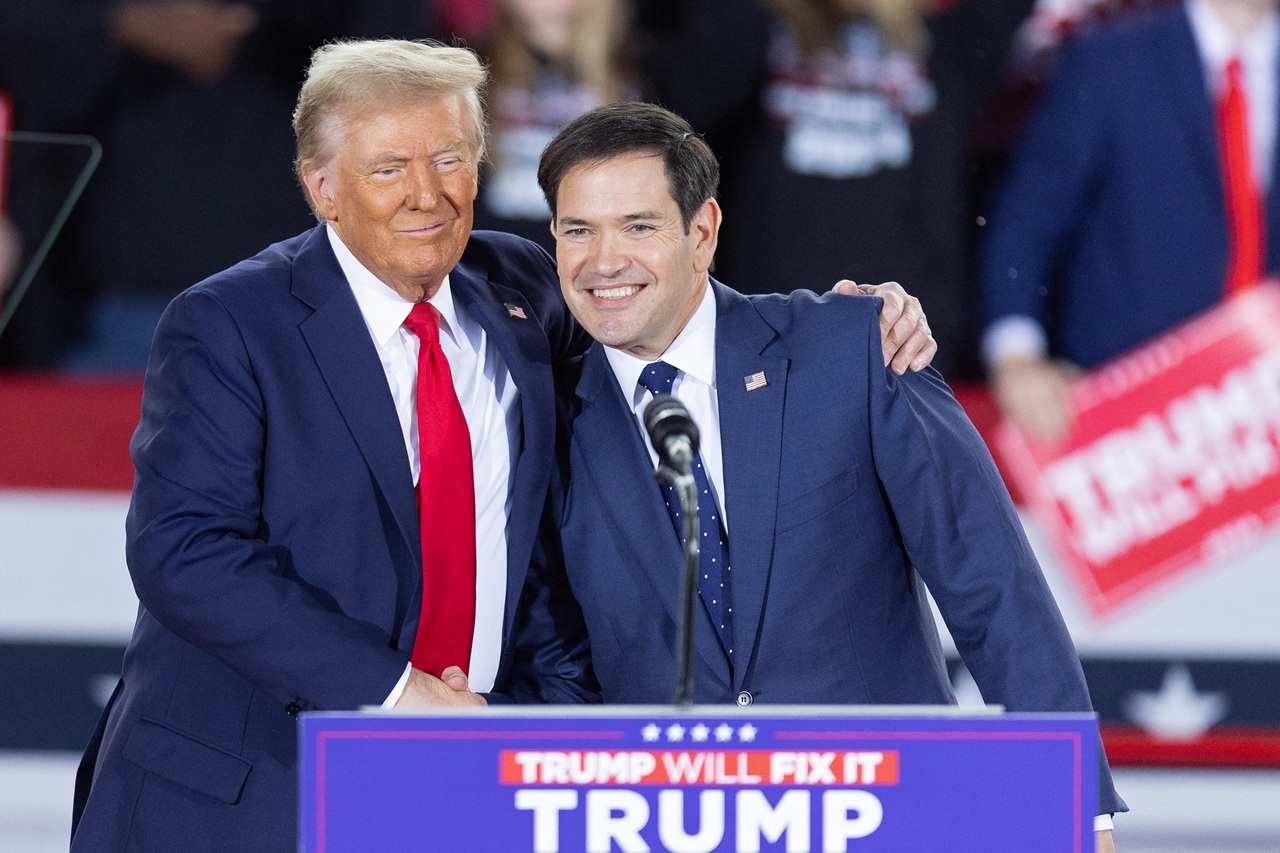

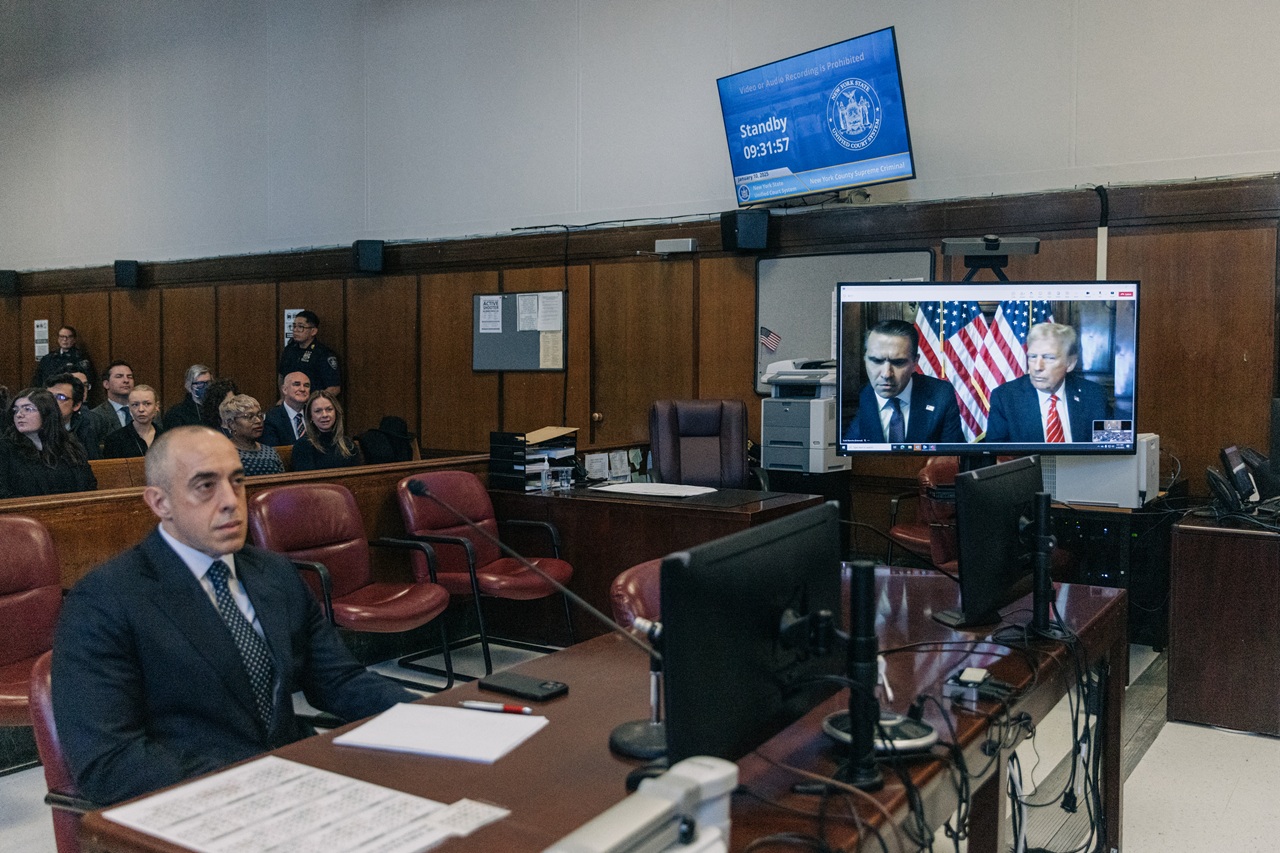
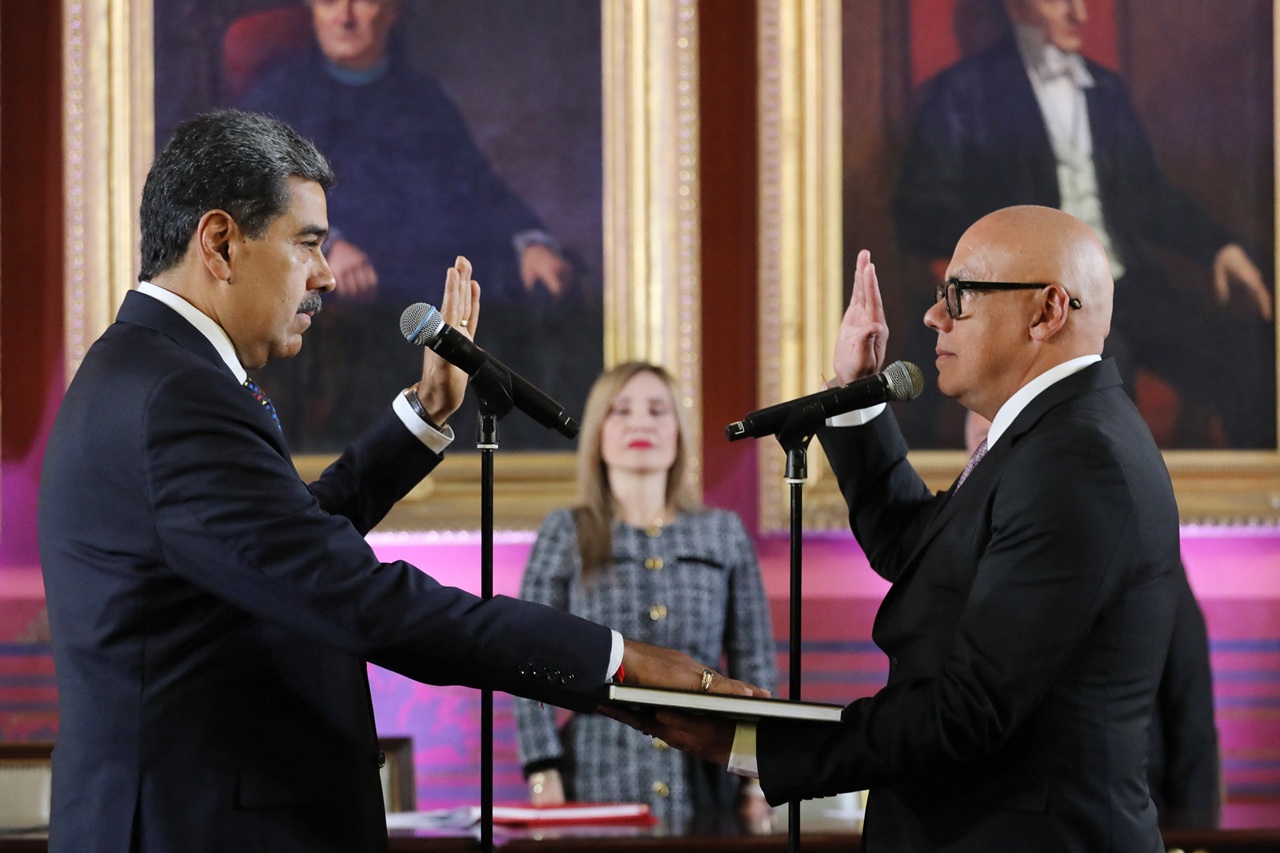
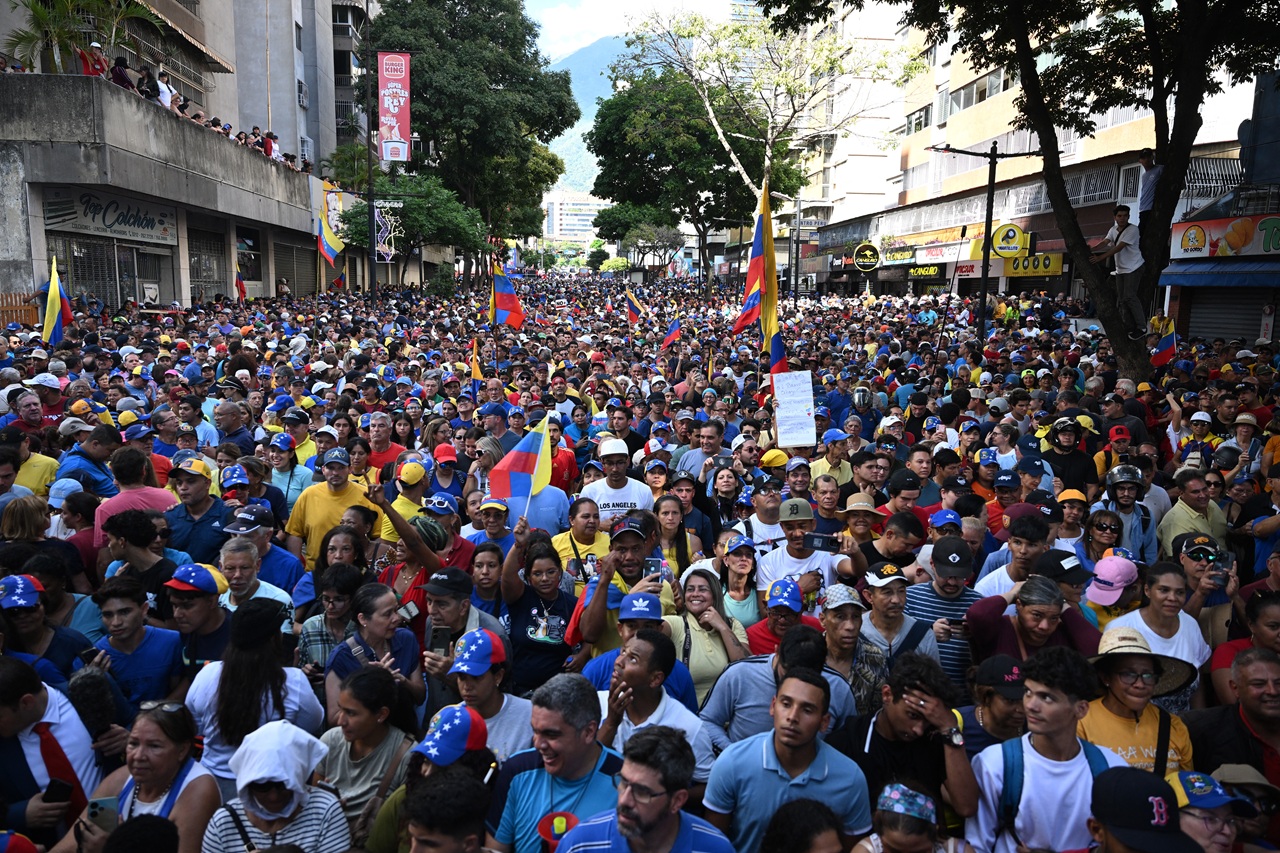

LEAVE A COMMENT: